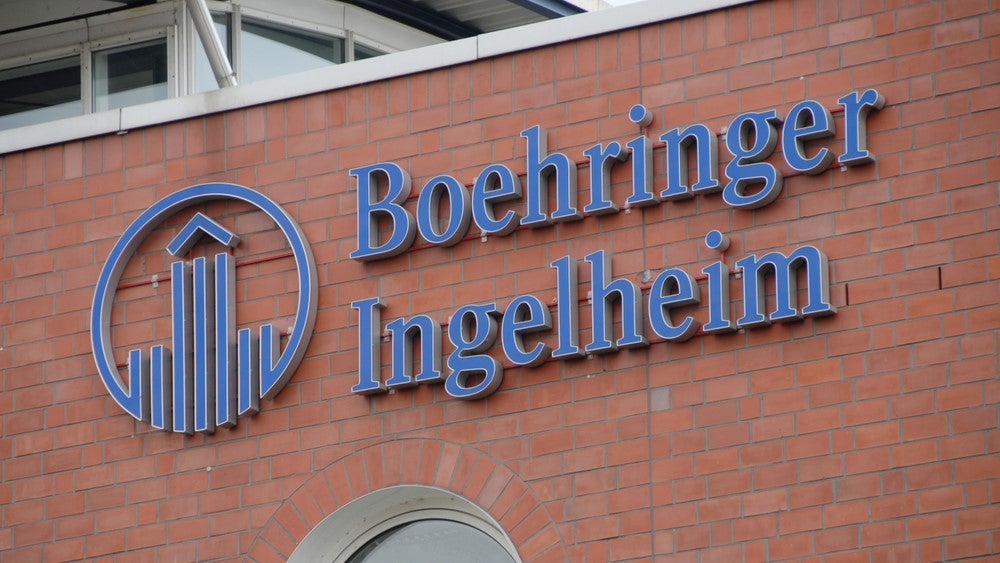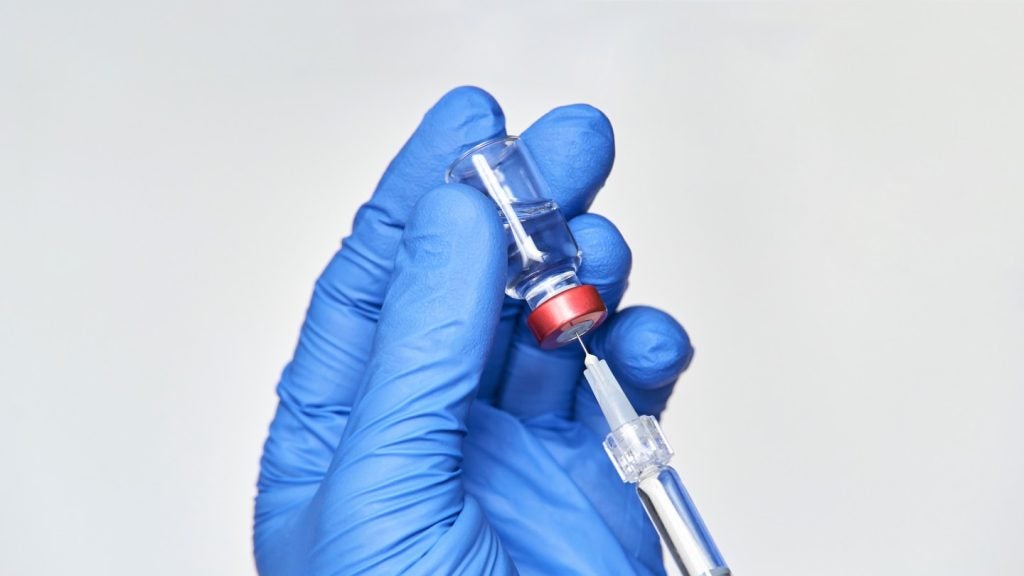Oncolytics Biotech is seeking accelerated approval for its lead cancer therapy, pelareorep, with plans to start a registrational Phase II breast cancer trial.
The US-based company noted that its decision to seek accelerated approval is based on the positive data from the Phase II BRACELET-1 trial (NCT04215146) and feedback Oncolytics received from the US Food and Drug Administration (FDA). The registrational Phase II trial is expected to start in 2025 and will evaluate the combination treatment of pelareorep and chemotherapy, paclitaxel.
The news was received well by Oncolytics’ investors, as the company’s stock was up by 18.22% at the market close on 4 October, compared to the market close on the previous day. Oncolytics’ stock is continuing its upward swing and is up by 8.18% in premarket trading today (7 October). The company’s market cap currently stands at $84.5m.
Oncolytic virus therapies have struggled to find a sure footing in the cancer immunotherapy landscape, which is dominated by checkpoint inhibitors like Merck & Co’s Keytruda (pembrolizumab). GlobalData expects sales of oncolytic virus therapies to increase by up to 20 times from $114m in 2023 to $2.4bn by 2029.
GlobalData is the parent company of Pharmaceutical Technology.
The planned registrational Phase II trial is expected to enrol 180 patients with hormone receptor-positive/human epidermal growth factor receptor 2-negative (HR+/HER2-) advanced/metastatic breast cancer. The study evaluates the combination therapy in patients who have either progressed on antibody-drug conjugates (ADCs), who are not eligible for ADCs, or who cannot tolerate ADCs.
Trial recruitment is expected to start in the first half of 2025. Oncolytics noted that the study should be sufficiently powered to show statistical significance with a progression-free survival (PFS) benefit of at least 4.3 months.
The median overall survival (OS) was not reached in the Phase II BRACELET-1 study. However, the company ”conservatively” estimates the median OS for the pelareorep arm to be 32.1 months, compared to the 18.2 months median OS seen in the paclitaxel control arm. The final PFS of the pelareorep treatment arm was 12.1 months, compared to 6.4 months for the chemotherapy-only arm.
“Our first randomised study in breast cancer, IND-213, demonstrated the ability of pelareorep combination therapy to improve survival in heavily pre-treated patients with advanced or metastatic HR+/HER2- disease,” said Oncolytics’ chief medical officer, Dr. Thomas Heineman.
“The subsequent randomised BRACELET-1 study showed that pelareorep combination therapy could improve outcomes in HR+/HER2- breast cancer patients who had received prior CDK4/6 inhibitors. Based on the success of these studies, we are now ready to pursue a large Phase II study powered to support accelerated approval in the setting of ADC therapies such as AstraZeneca and Daiichi Sankyo’s Enhertu (fam-trastuzumab deruxtecan-nxki),” Heineman added.















